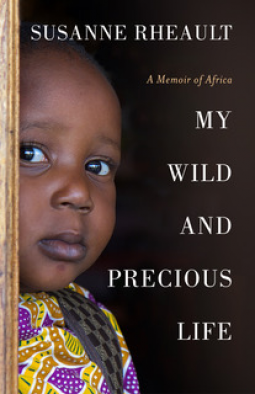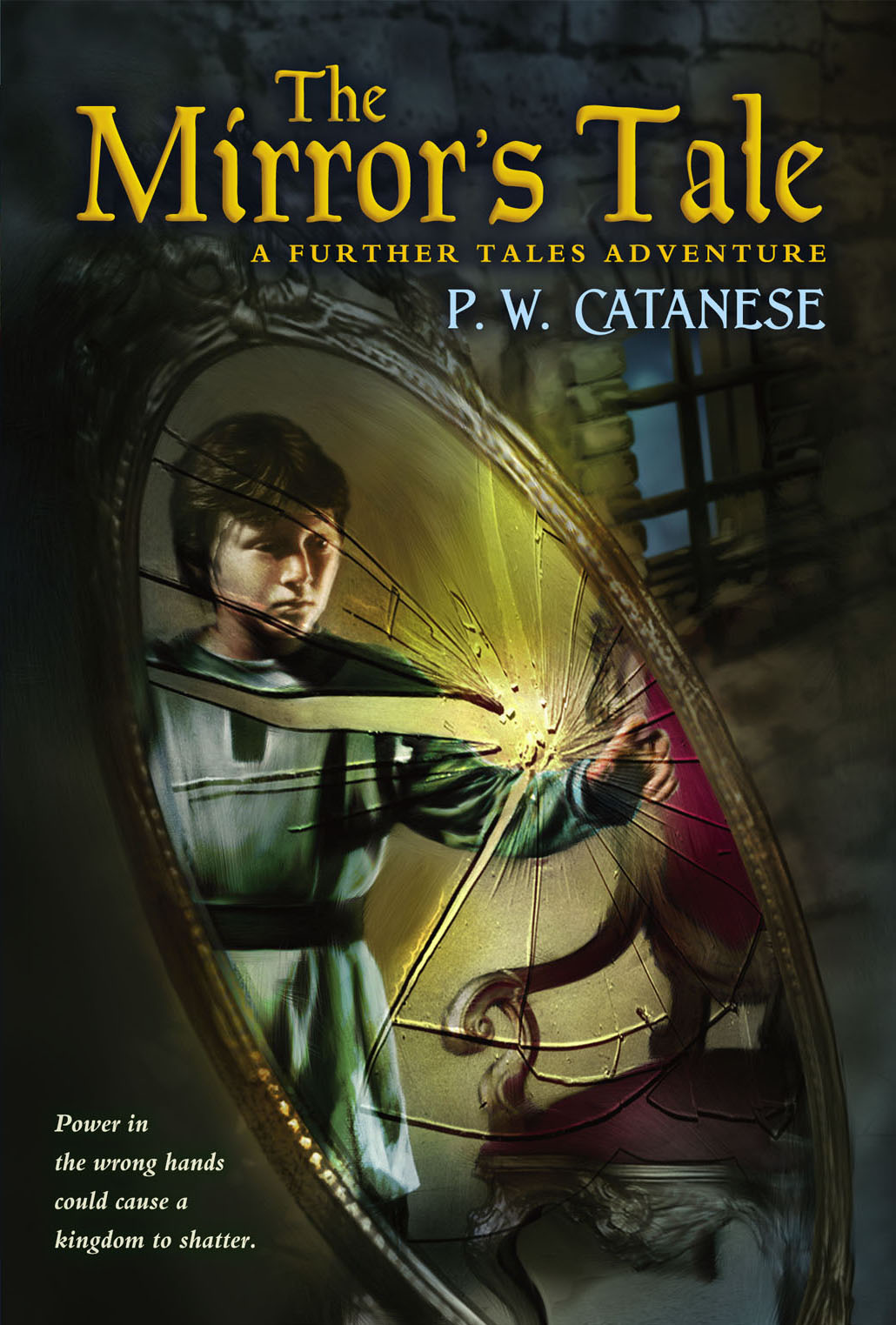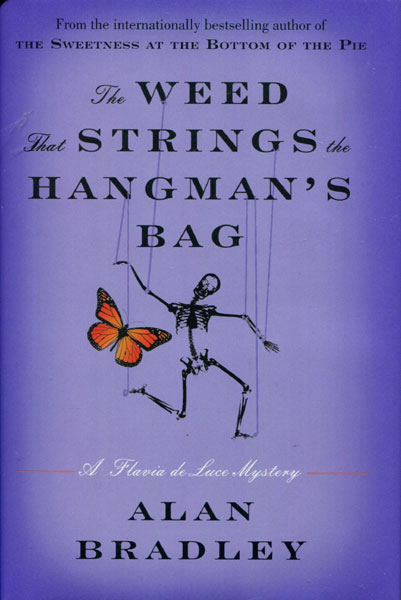
It’s difficult to review Susanne Rheault’s My Wild and Precious Life: A Memoir of Africa. Where do you start to review someone’s life? Should the review focus on the writing? Is it in the details?
Or is it in the ability to have empathy for those you see in need and the ability to change lives?
Because that is what Susie Rheault’s book truly champions. Smattered early with stories of her own childhood and family, Rheault’s tale becomes more about a woman who fell in love with a continent that was facing so much need and was wonderful despite it. In an interview, Rheault stated, “What has had a profound impact on me throughout these years is the openness and graciousness with which the Africans have partnered with me and my colleagues. [T]his warmth brings us back year over year…”
Rheault first visited Zimbabwe with her son in order to expose him to foreign cultures. Together, they worked on a project helping orphans with their education while simultaneously working to save endangered animals. However, it was the kindness and generosity of the people Rheault met that called out to her across an ocean well after she had returned home. She knew she must do something to help those who had gone out of their way to help her despite having so little.
Initially, Rheault worked for the Clinton Foundation’s Health Access Initiative, trying to slow the spread of AIDS across the continent. She helped restructure organizations that were already in play in several countries. All the while, through exhaustion and confusion, she continued to be humbled by the kindness and gratitude with which each person she met greeted her.
But there came a time when Rheault wanted to do more and to involve her husband in the land and work that had stolen her heart. Together, the two found a worthy project and began their current journey. These days, they span two continents to provide a better life for children in Tanzania orphaned by AIDS by providing them with clothing, mosquito nets, and other such necessities, as well as schooling. The project has presented them with many challenges, but it has also transformed Rheault’s life into one worth living in a meaningful and unusual way. The Precious Orphanage is still an enterprise very much underway. “I had to stop writing the book at a point in which the project was still growing fast,” Rheault told me when asked if there were any stories she had to omit from the book. “There have been countless learnings and anecdotes that have happened since I finished the manuscript, too many to cite!”
Though Rheault’s story is one of perseverance and positive change, some might be tempted to label her a “white savior,” forcing her values and privilege on those who have less. On whether she had encountered this phrase or not, she said, “…we have heard it only from two Americans in the past few months… In Tanzania, we are treated as if we were family and confronted by our Tanzanian friends when we do something that may be inadvertently culturally insensitive…”
In short, My Wild and Precious Life made me consider my own privileges and things I take for granted at a humbling level. A lot of us do realize how much we have, and maybe it passes through our minds from time to time, but I have spent more time contemplating this in the two weeks since I finished the book than I normally would. Rheault discusses the norms of life in Africa with a mix of horror and laissez-faire. So most of the cars stall, lack seatbelts, and have doors that won’t remain closed for their journeys. So the power goes out multiple times a day. So a good amount of employees, all of whom appear kind and gentle, steal cars and computers from their school.
Okay. She’s not that blasé about the problems she has faced throughout her travels. But she does bring up the occasional cultural differences we have to accept when we are in a foreign place. Though they may seem backward to outsiders, they are simply the way things are in other places.
However, Rheault explains these differences in a way that makes those unfamiliar with such cultures understand them. If we were to visit any of these countries in Africa, we might have to accept very different norms, at least for a time. And if we didn’t like the lack of education and basic necessities? Maybe there’s something we can do to change it.
“Nothing breeds ownership like involvement, and this has been illustrated in a host of ways throughout my work in Africa,” Rheault said when asked what she wants readers to take away from her book. “Instead of arriving with the solutions which are prescribed, I have all along sought to leverage the local wisdom and the opinion leaders in the communities where I have worked.”
My Wild and Precious Life will be released on September 10, 2019. Preorder your copy of it here.
More information on Rheault’s work with the orphanage in Africa can be found at www.preciousproject.org.
A copy of this book was provided by the publisher, Bush Baby Press, for review.




